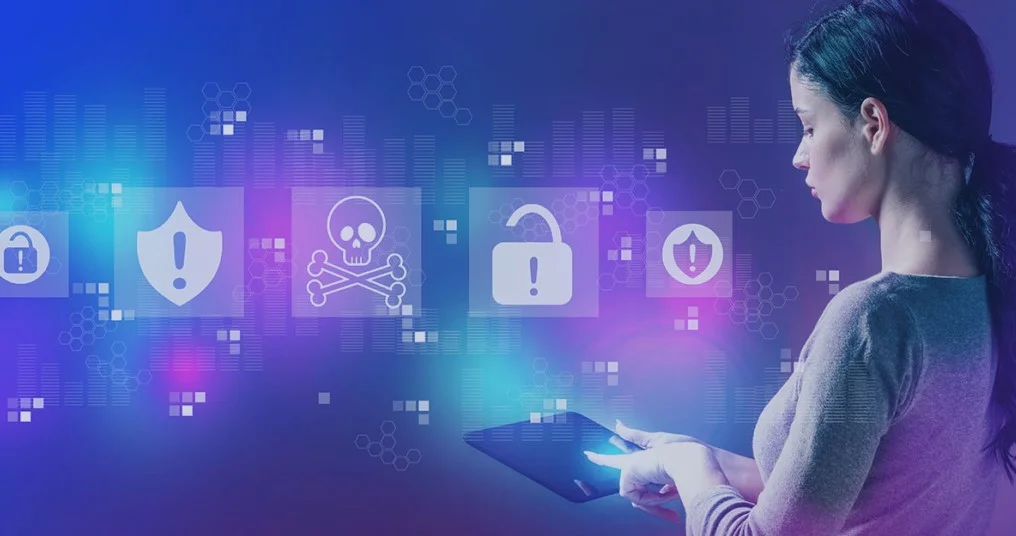
With cyber threats evolving rapidly, organizations must decide how to best protect their digital assets. Two primary options stand out: cybersecurity consulting firms and in-house solutions. But which is the better choice?
The Battle Begins: Understanding the Basics
Cybersecurity Consulting
- Expertise on Demand – Cybersecurity consulting firms bring a wealth of experience and specialized knowledge to the table. They have dedicated teams focused solely on cybersecurity, staying abreast of the latest threats and solutions.
- Cost-Effectiveness – While it may seem counterintuitive, hiring a cybersecurity consulting firm can actually save money in the long run. These firms operate on a pay-as-you-go model, allowing businesses to access top-tier expertise without the overhead costs of maintaining an in-house team.
- Flexibility and Scalability – Cybersecurity needs can fluctuate, especially for smaller businesses or those experiencing rapid growth. Consulting firms offer flexibility, allowing organizations to scale their security measures up or down as needed.
In-House Solutions
- In-Depth Knowledge of Internal Systems – One of the primary advantages of in-house solutions is the deep understanding of the organization’s systems and processes. Internal teams are intimately familiar with the company’s infrastructure, potentially allowing for more tailored security measures.
- Immediate Response – With an in-house team on standby, response times to security incidents can be quicker. There’s no need to wait for external consultants to analyze the situation; action can be taken swiftly.
- Cultural Alignment – In-house teams are fully immersed in the company culture and values, which can enhance collaboration and communication when it comes to implementing cybersecurity measures.
The Showdown: Pros and Cons
Cybersecurity Consulting
Pros :
- Specialized Expertise – Consulting firms bring a breadth of knowledge across various industries and technologies.
- External Perspective – They can offer fresh insights and strategies that may not be apparent to internal teams.
- Scalability – Easily adjust resources and services based on evolving cybersecurity needs.
Cons :
- Dependency – Relying solely on external consultants may lead to a lack of ownership and accountability within the organization.
- Cost – While initially cost-effective, consulting fees can add up over time, potentially surpassing the expense of maintaining an in-house team.
- Limited Understanding – Consultants may not fully grasp the intricacies of the company’s internal systems and processes.
In-House Solutions
Pros :
- Tailored Solutions – Internal teams can develop security measures specifically tailored to the organization’s unique needs.
- Immediate Response – Quicker reaction times to security incidents due to in-house expertise and familiarity with systems.
- Cultural Alignment – Alignment with company culture fosters collaboration and communication.
Cons :
- Resource Constraints – Building and maintaining an in-house cybersecurity team requires significant investment in recruitment, training, and retention.
- Skill Shortages – Finding and retaining top cybersecurity talent can be challenging, particularly in a competitive job market.
- Limited Perspective – Internal teams may suffer from tunnel vision, overlooking emerging threats or alternative solutions.
The Power of Collaboration: Bridging the Gap
In the quest for optimal cybersecurity, it’s essential to recognize that consulting firms and in-house teams are not mutually exclusive options but rather complementary forces. By fostering collaboration between the two, organizations can harness the strengths of both approaches while mitigating their respective weaknesses.
Benefits of Collaboration:
- Shared Knowledge and Insights – When consulting firms collaborate closely with in-house teams, knowledge transfer occurs organically. Consultants gain a deeper understanding of the organization’s internal systems, while internal staff benefit from exposure to external best practices and methodologies.
- Holistic Approach to Security – By combining external expertise with internal insights, organizations can develop comprehensive cybersecurity strategies that address both overarching industry trends and specific organizational vulnerabilities.
- Enhanced Response Capabilities – In the event of a security incident, collaboration between consulting firms and in-house teams enables swift and coordinated response efforts. External consultants can provide additional resources and expertise, supplementing the capabilities of internal staff.
- Continuous Improvement – Cybersecurity is an ongoing process, requiring constant vigilance and adaptation. Through collaboration, organizations can establish feedback loops that facilitate continuous improvement and optimization of security measures.
The Verdict: Why Cybersecurity Consulting Reigns Supreme
While both options have their merits, cybersecurity consulting firms ultimately emerge as the superior choice for several reasons:
Depth and Breadth of Expertise – Consulting firms pool the collective knowledge and experience of their teams, offering insights and solutions that may elude in-house staff.
Cost-Effectiveness – Despite the upfront costs, consulting firms often provide better value over time, particularly for businesses with fluctuating cybersecurity needs.
Scalability and Flexibility – As organizations evolve, so too do their cybersecurity requirements. Consulting firms offer the agility to adapt and scale resources accordingly.
Objectivity and External Perspective – External consultants bring a fresh set of eyes to the table, unencumbered by internal biases or preconceptions.
Compliance and Regulation – Navigating the complex landscape of cybersecurity regulations can be daunting. Consulting firms specialize in ensuring compliance and mitigating risk.
In conclusion, while in-house solutions may have their place, cybersecurity consulting firms offer unparalleled expertise, flexibility, and value. By partnering with a reputable consulting firm, businesses can fortify their defenses and safeguard against the ever-present threat of cyber attacks. Remember, in the battle for cybersecurity supremacy, knowledge is power, and consulting firms wield it with precision.
